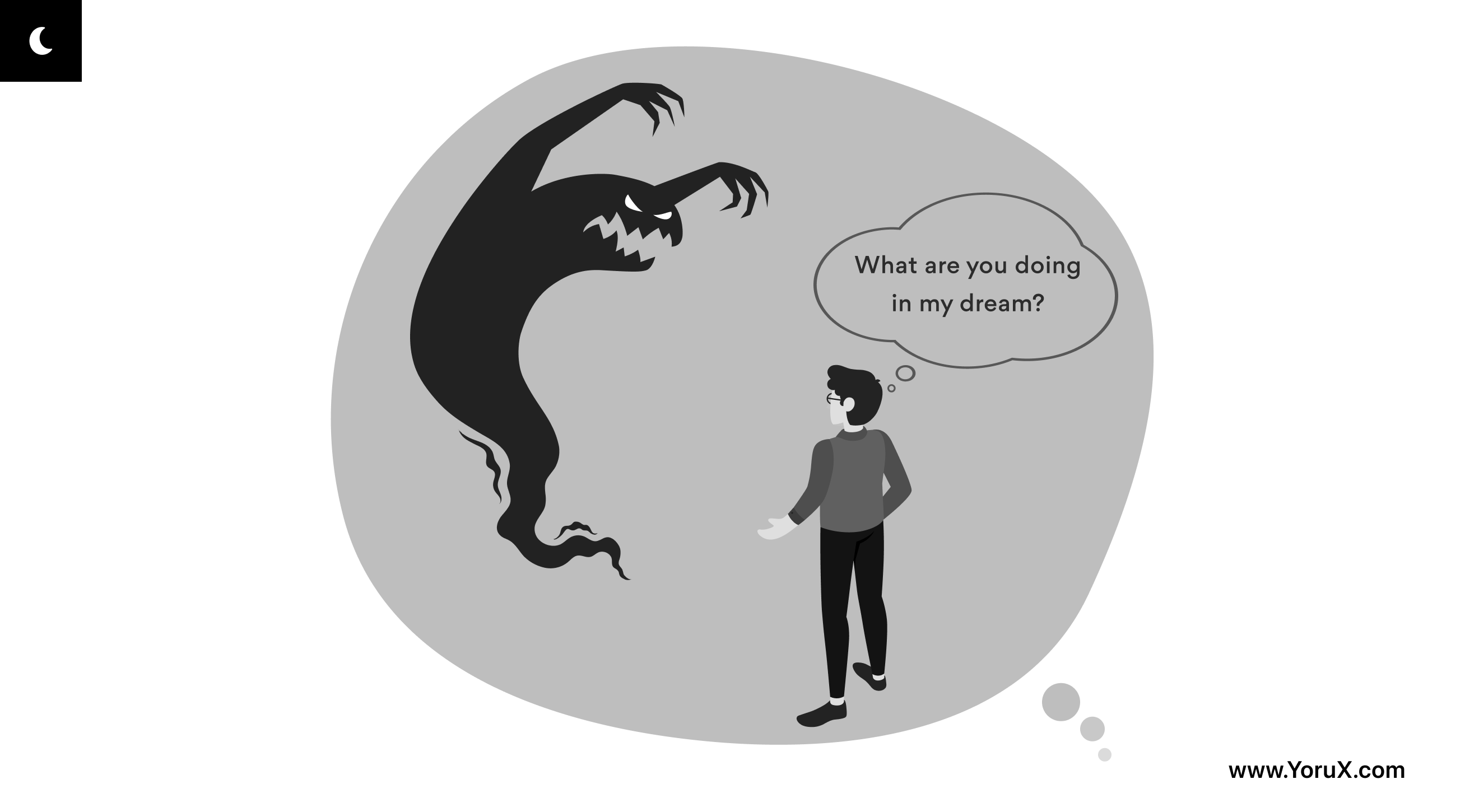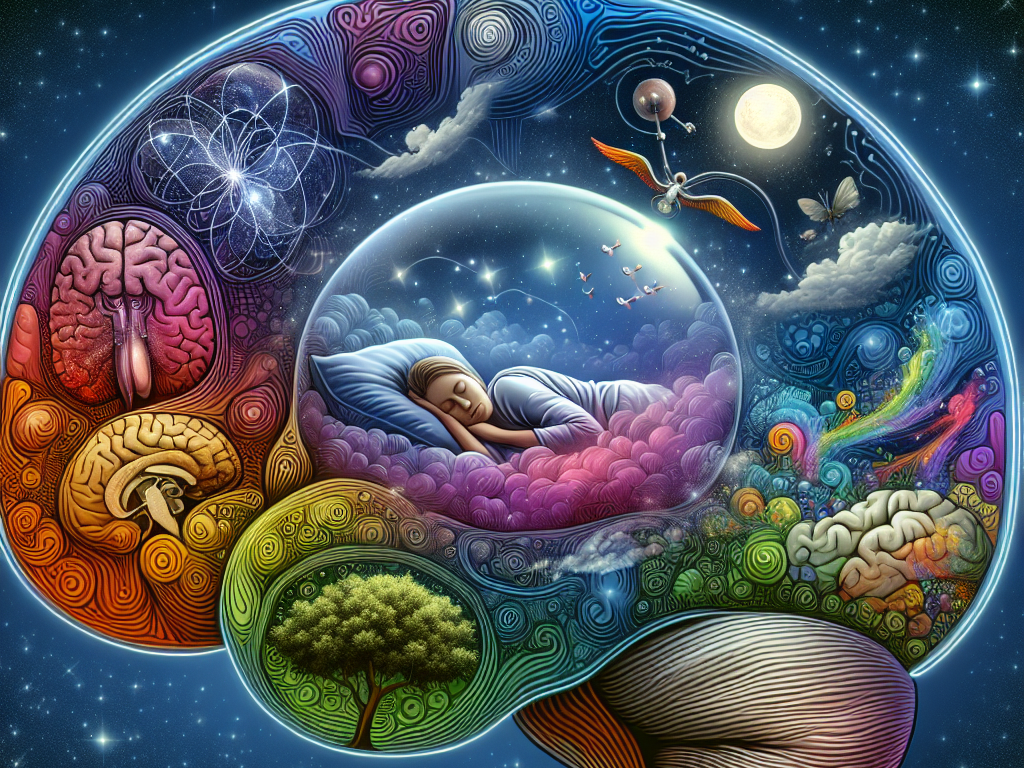
More often than not, the dreams we have are wacky. At first glance, they can never be linked to the real world. Talking animals, dead bodies animating, conversations with the president – you'd have to be a mad man or on hard drugs to experience those in your waking hours.
However, even if your dreams are crazier, there are certain aspects of reality underlying all of them, even if it's sometimes hard to believe.
The truth is, everything you experience in your daily life manifests itself back to you in the dream world. Be it something you said to later regret, a feeling you had, or a hardship you endured, it all finds its way back to your dreams even if you try to forget it. Especially if you try to forget it.
Sleep is not only a catalyst for dreams. It's also the time and place for memory consolidation. That is, your experiences are transformed into long-term memory events, often to be learned from and adapted into your being.
That's part of the reason people have nightmares after a traumatic event, especially if it's left unresolved. The brain tries its best to make sense of the tragedy you've experienced, and a failure to do so can torture you in the dream world long after the event.
Memories and occurrences pushed back and away from your consciousness don't disappear. Instead, they're shoved into your unconscious mind, and, as you may already know, that's where dreams often get their inspiration from.
There's a reason why Sigmund Freud, often called the father of psychology, paid immense attention to peoples' dreams. He figured that's where trauma, hidden desires, and (often dark) secrets lie.
Freud believed that dreams unveil to us what we ourselves don't wish to know but have to. Thus, the dreams show us who we really are and what we really want – but because we would never admit to it, the brain hides this information under the mask of absurdity we experience when we have vivid dreams.
On the other hand, Freud's disciple, Carl Jung, believed that the brain doesn't hide information intentionally. Instead, it's showing us exactly how it is, but it's doing that the only way it can.
In the final analysis, it doesn't matter which of the two was correct. What does matter, is that we can find hidden pieces of ourselves in our dreams if only we dedicate the time and energy to analyze them.
And here's the kicker. When you learn how to lucid dream, dream analysis leaves little to interpretation. You can ask the beings in your dreams to show you who they really are, what purpose they serve, and what they wish to communicate with you. Most of the time, the entities you encounter will lay bare there and then, unveiling the secrets of your unconscious mind right to your face.
Isn't that neat? You can literally converse with your unconscious mind and derive wisdom from it. And be completely safe! That's one of the best ways to have a Lucid Dream – getting to know yourself better. Keep that in mind on your next Lucid Dream journey.
Good luck, Dreamer!


.png)

